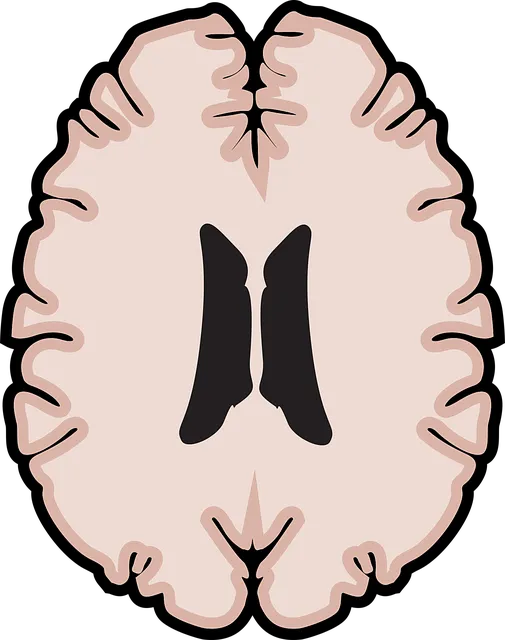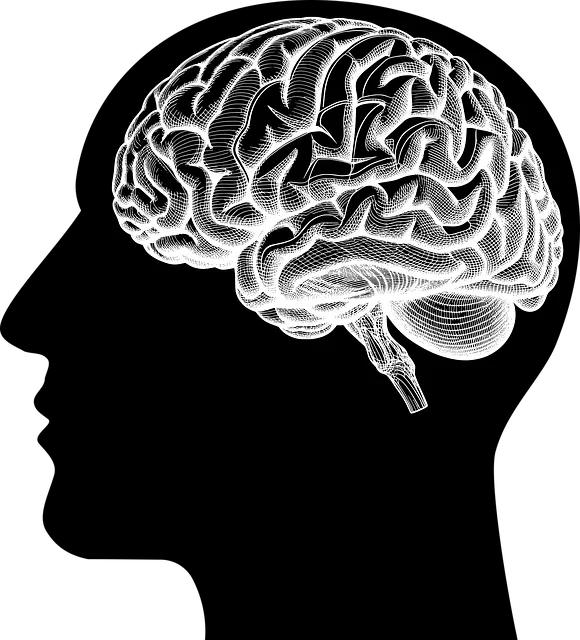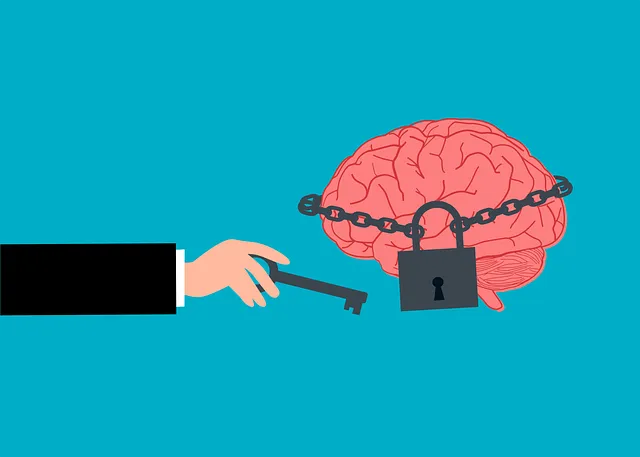The Englewood Kaiser Permanente Mental Health Center prioritizes emotional intelligence (EI) as a key driver of holistic well-being and personal growth. Through practices like mindfulness meditation, positive thinking, and self-reflection, they teach individuals to identify, understand, and manage their emotions effectively. This approach enhances stress management, communication skills, empathy, and resilience, empowering patients to build mental fortitude, make better decisions, and achieve life satisfaction. By integrating open dialogue, active listening, and emotional validation, the center fosters deeper connections and provides compassionate care, preventing burnout among both patients and professionals.
Emotional intelligence (EI) is a cornerstone of personal growth and professional success, as evidenced by programs at Englewood Kaiser Permanente Mental Health Center. This article explores key components of building EI, including self-awareness, empathy, emotional regulation, and active listening. By understanding these aspects, individuals can enhance their well-being, strengthen relationships, and navigate life’s challenges more effectively. Discover practical strategies inspired by best practices at the Englewood Kaiser Permanente mental health center to cultivate a deeper sense of emotional intelligence.
- Understanding Emotional Intelligence: A Foundation for Well-Being at Englewood Kaiser Permanente Mental Health Center
- The Role of Self-Awareness in Building Emotional Intelligence
- Enhancing Empathy: A Key Component for Effective Communication and Relationships
- Regulating Emotions: Strategies for Managing Stress and Maintaining Balance
- Practicing Active Listening: Improving Connection and Understanding Through Better Communication
Understanding Emotional Intelligence: A Foundation for Well-Being at Englewood Kaiser Permanente Mental Health Center

At Englewood Kaiser Permanente Mental Health Center, emotional intelligence (EI) is recognized as a cornerstone for overall well-being and personal growth. EI, or the ability to recognize, understand, and manage one’s own emotions as well as empathize with others, is integral to fostering healthy relationships and navigating life’s challenges effectively. The center emphasizes that developing emotional intelligence is an ongoing process that can be cultivated through various practices, such as mindfulness meditation and positive thinking techniques.
Englewood Kaiser Permanente’s approach to promoting EI focuses on teaching individuals how to identify and express their emotions constructively, reduce anxiety, and enhance communication skills. By integrating these strategies into daily routines, patients are empowered to build resilience, improve decision-making abilities, and cultivate a deeper sense of self-awareness—all essential components for maintaining mental health and overall life satisfaction.
The Role of Self-Awareness in Building Emotional Intelligence

At the Englewood Kaiser Permanente mental health center, a cornerstone of building emotional intelligence lies in cultivating self-awareness. This involves recognizing and understanding one’s own emotions, strengths, weaknesses, and how they impact interactions with others. By promoting self-reflection and introspection, individuals can gain valuable insights into their thought processes, triggers, and behaviors, setting the stage for meaningful personal growth and enhanced relationships.
Self-awareness acts as a foundational layer in the emotional intelligence pyramid, enabling better management of stress, regulation of emotions, and empathy towards others. It’s a critical component in the Risk Assessment for Mental Health Professionals, helping to identify potential burnout triggers and implement effective Burnout Prevention Strategies for Healthcare Providers. Moreover, fostering self-awareness encourages positive thinking, which can significantly impact overall well-being and resilience, ensuring professionals at Englewood Kaiser Permanente are equipped to provide compassionate and effective care.
Enhancing Empathy: A Key Component for Effective Communication and Relationships

At the Englewood Kaiser Permanente mental health center, we recognize that enhancing empathy is a cornerstone for cultivating meaningful connections and fostering effective communication. Empathy allows us to understand and share the feelings of others, creating a deeper sense of kinship and mutual respect. By practicing active listening, putting ourselves in someone else’s shoes, and validating their emotions, we can build stronger relationships both personally and professionally.
Our approach to empathy building strategies involves integrating various techniques into daily life. Encouraging open dialogue, promoting positive thinking, and developing resilience are all integral parts of our process. These skills not only strengthen emotional intelligence but also contribute to overall well-being, helping individuals navigate challenging situations with greater ease and compassion.
Regulating Emotions: Strategies for Managing Stress and Maintaining Balance

Emotional regulation is a cornerstone of building emotional intelligence. At Englewood Kaiser Permanente mental health center, we offer various strategies to manage stress and cultivate balance. One effective method involves mindfulness practices such as meditation and deep breathing exercises, which help individuals become more aware of their emotions and react calmly rather than reacting impulsively.
Additionally, our Mental Wellness Coaching Programs Development focus on teaching practical communication strategies that foster positive thinking. By promoting open dialogue, active listening, and empathy, individuals can better understand themselves and others, leading to stronger relationships and improved emotional intelligence. These tools are invaluable in navigating life’s challenges and maintaining mental wellness.
Practicing Active Listening: Improving Connection and Understanding Through Better Communication

At the Englewood Kaiser Permanente mental health center, one of the cornerstone techniques for building emotional intelligence is active listening. This involves fully concentrating on what others are saying, asking clarifying questions, and paraphrasing their sentiments to ensure understanding. Practicing this skill not only strengthens relationships but also fosters a deeper sense of connection and empathy within both personal and professional interactions.
Through active listening, individuals can better manage their own emotions by understanding the feelings expressed by others, which is crucial for anxiety relief and mood management. The Community Outreach Program Implementation at Englewood Kaiser Permanente further leverages this technique to bridge gaps in communication, build trust, and improve mental health outcomes within the community.
At Englewood Kaiser Permanente Mental Health Center, we’ve explored the foundational aspects of emotional intelligence, highlighting its significance for overall well-being. By cultivating self-awareness, empathy, and effective communication strategies, individuals can navigate their emotions and build stronger connections. Through regulating stress and practicing active listening, one can create a harmonious balance, mirroring the holistic approach offered at our center. These skills not only enhance personal relationships but also foster a more empathetic and resilient society, ultimately enriching lives much like a vibrant tapestry woven with threads of understanding and care.





